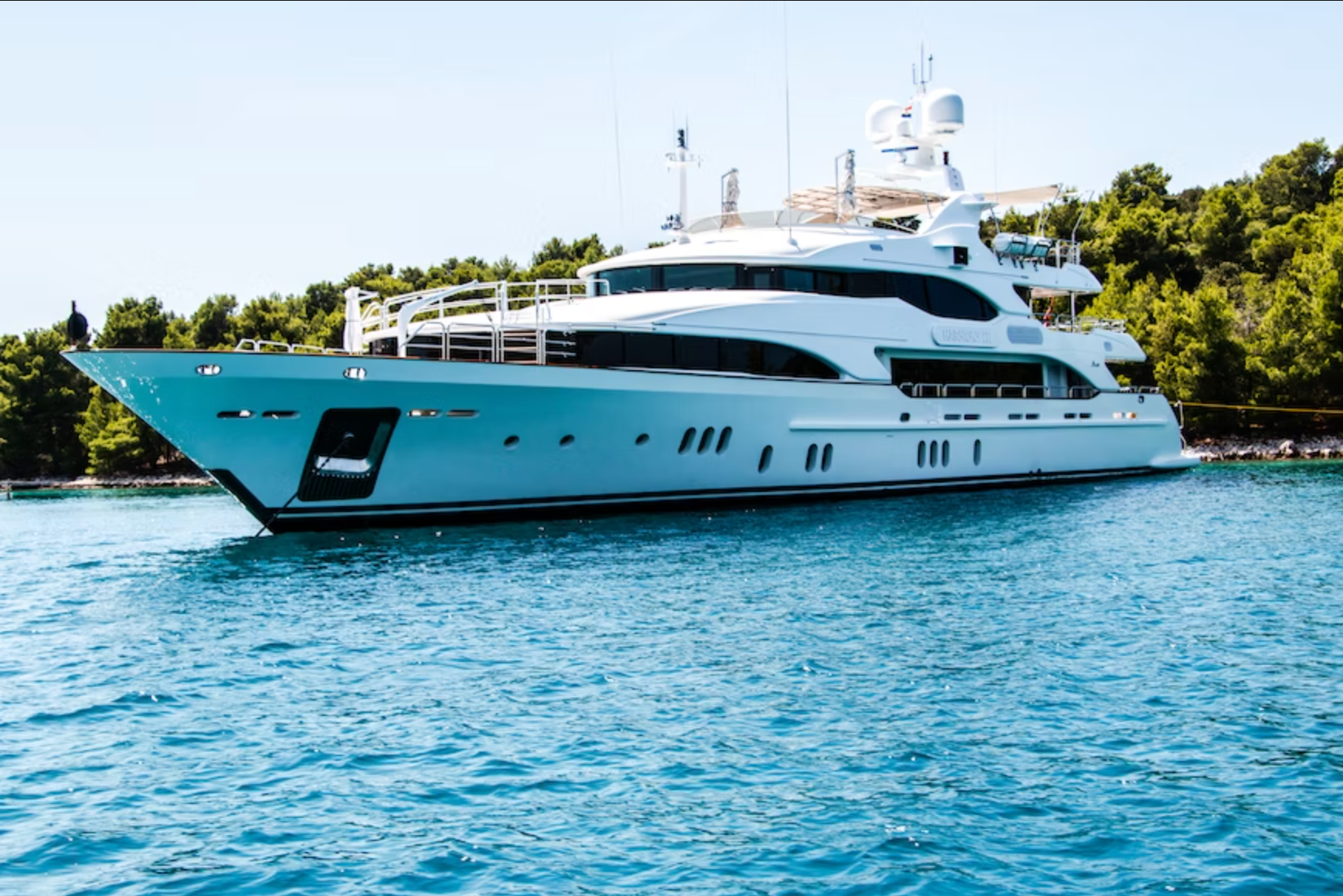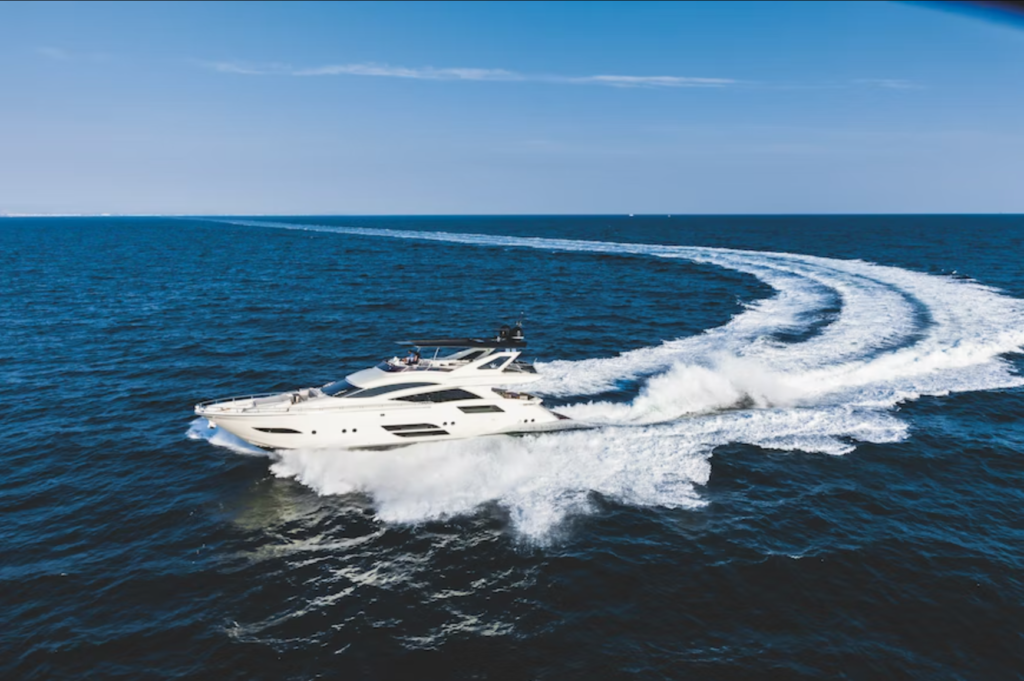It’s extremely easy to get overwhelmed when buying a yacht. Some first-time buyers end up wasting time, energy, and money because they look for a yacht without any kind of guidance and structure. That will not be the case on your end because we will give you these insider tips. Fairline yachts are a popular choice, but does that mean that you should opt for one? Knowing the following things to consider will easily help you decide:
1. Limit your choices.
You will have a thousand yachts to choose from. That can be easily dizzying. To streamline your choice. Know the kind of yacht that you want. You’d primarily choose from the following:
- Monohull
- Catamaran
- Trimaran
- Have a preferred hull material.
Your choice will also be streamlined if you’d be particular with the hull. Hulls can be made from the following:
- Timber
- Steel
- Aluminum alloy
- Glass-reinforced plastics (GRP) – can be composite (balsa or foam core) or solid GRP
- Ferro-cement
- Carbon fibre
PRO TIP: It’s harder to insure older boats made of ferro-cement.
3. Study the importance of the keel.
The keel is one of the most important parts of a yacht. It is the very thing that will keep your yacht stable and fully controlled. You should opt for a yacht with the best possible keel for the kind of activities that you want to do. The following are the different kinds of keels that you should familiarize yourself with:
- Retractable keel
- Full or long fin keel
- Deep fin keel
- Bulb or wing keel
- Encapsulated keel
- Bilge keel
4. Research the draft.
You should also dedicate time to studying the draft. Your draft will tell you the amount of water your yacht will need before it touches the bottom. Your draft choice can limit how close you can get to a shore.
5. Have a model yacht design.
If you can, make it a point to buy from a well-known yacht designer. Such yachts are proven safe and comfortable for life-long sailing. They also have good resale value.
6. Boat size.
You don’t need a big boat. Most yacht buyers easily opt to buy the biggest boat possible that their budget allows but that should not be the case. You should opt for one that will suit your activities and lifestyle.
7. Maintenance cost.
A yacht comes with a maintenance cost. The bigger the yacht, the higher the maintenance cost. This is why you should duly contemplate the number of maintenance costs that you can afford on a yearly basis.
8. Consider a smaller boat.
A smaller boat will give you more freedom. Such an option should definitely be considered as it allows for easier and earlier sailing. A smaller boat will also be ideal if you’re new to sailing. Compromising on boat size can get you to sailing as soon as possible.
9. Engine and system access.
Your yacht of choice should have an engine and a system that are user-friendly and easy to maintain. Your system should be easily accessible. You’d have a more relaxed sailing experience if you could easily access the following: starter motor, injectors, fuel and oil filters, seawater pump and impeller, stern glands, and transmission.
10. Safety.
As it is in all things, safety should be your no. 1 priority when looking for a yacht. To prioritize safety effectively, you should ask yourself the following questions:
- What is the level of protection of the cockpit?
- Come emergency, can it be easily sailed single-handed?
- Are there strong lifelines and stanchions?
- Can the dinghy be safely stowed in an easy manner?
- Is the anchor chain accessible?
- Is the liferaft accessible?
- Will there be an available emergency bilge pump system?
- Are the handrails enough?
11. Ask away.
You should be able to confidently and freely ask about the following from previous owners:
- Who built the yacht?
- Are the maintenance logs available?
- Can you access the original build information?
- Where has the yacht been?
12. Full boat survey.
This is a part of the boat-buying process that you should not skip. It is a big mistake to buy a boat without first having it undergo a full survey with the help of third-party experts. Work with a transparent, competent, and reliable surveyor.
13. Your offer.
You should be particular with the offer that you can negotiate around. To do this effectively, you should do a survey on the price of boats that are similar to your choice. When giving an offer, you should also consider the length of time that a boat has been in the market. Only opt for an offer that you are truly comfortable with. If it is too high (or too low), there is still something left for you to figure out.
14. Know the boat buying process.
You will save much time, energy, and money if you’re privy to the boat-buying process. If you’re busy and you have no time for this, you can simply opt to work with a boat agent who can guide you every step of the way. Working with a lawyer who could check your purchase contract is essential.
15. Stay organized.
All your papers must always be available and updated. There are numerous laws and regulations that you should duly comply with as a boat owner. It will be easier for you if you have an organizer that will have everything that you’d ever need – purchase contract, insurance policy, license, etc. – at any given time.





